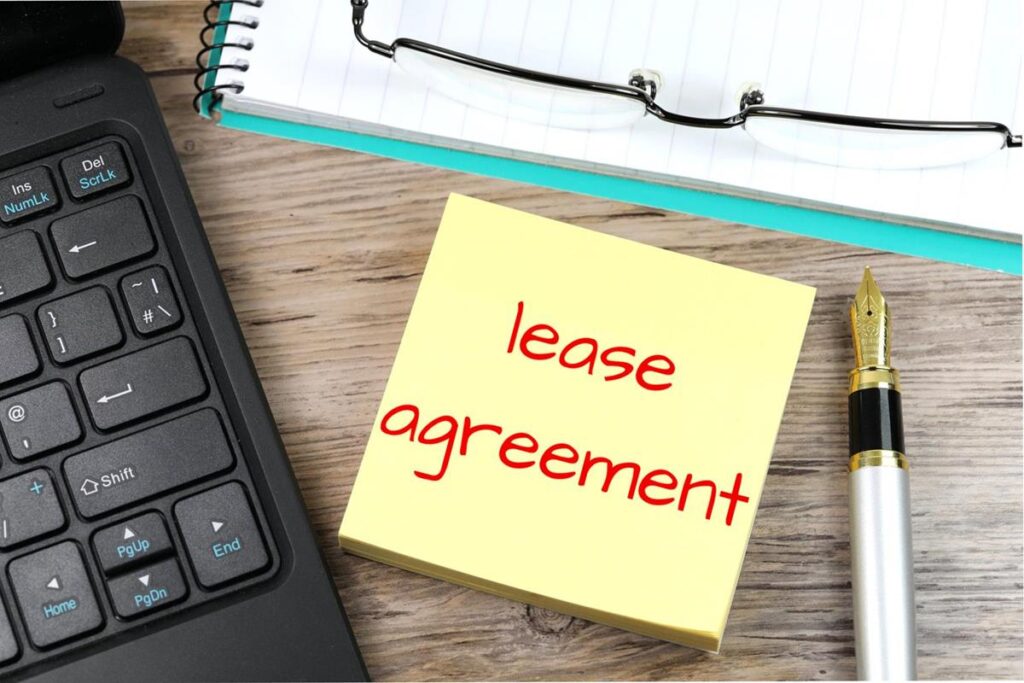What Your Landlord Can Legally Deduct From Your Security Deposit

Attribution: Alpha Stock Images – http://alphastockimages.com/
Original Author: Nick Youngson – link to – http://www.nyphotographic.com/
Original Image: https://www.picpedia.org/post-it-note/l/lease-agreement.html
We all know that buying a home means a lot of upfront cash, but so does renting. Most landlords require first month’s rent, at least a month’s security deposit and sometimes the last month. Of course, when it comes time to move, that money is earmarked for your new place, whether it’s part of a downpayment or your next security deposit. Unfortunately, your landlord might not agree.
Before getting into what your landlord can take out of your security deposit, there are some other things you should know.
- In California, landlords can require as much as two months rent up front
- The landlord has 21 days to either return your security deposit or tell you why not
- The landlord must itemize, with receipts, deductions and repairs that cost $126 or more
Here is what your landlord can take out of your security deposit:
Unpaid rent
If you owe your landlord some back rent, they will take it out of your security deposit. It’s best to stay up on your rent. Also, unless your last month’s rent was paid upfront, you need to pay that as well. If the utilities are in your landlord’s name, and you pay them separately from your rent, your landlord can also take any unpaid utilities out of your security deposit.
Breaking the lease
Breaking your lease can cause a lot of problems, including a black mark on your credit report. Stay in communication with your landlord. If for some reason, you need to get out of your lease early, let them know. They might suggest your help find another tenant, or if you’re lucky, they have one lined up.
Damages
There’s normal wear and tear, such as a worn carpet or scuffed paint, and there’s damage. Damages include things like broken light fixtures, scratched countertops, and ruined carpet. Your landlord will take damages out of your security deposit, but they will need so send you an itemized list of repairs. Note that you always want to do a walkthrough, with pictures, before you move in and after you move out.
Cleaning
Make sure the place is at least as clean when you move out as it was when you moved in. Scrub down the kitchen and bathroom, wipe any dirty spots off the walls, cabinets, doors and switch plates. Then vacuum or sweep.
Junk left behind
It costs money for your landlord to dispose of that ugly chair you decided not to take along. You will be charged for it. It’s best for you to just take it or try to give it away before you move. List it on Craigslist, Facebook Marketplace or Next-door.